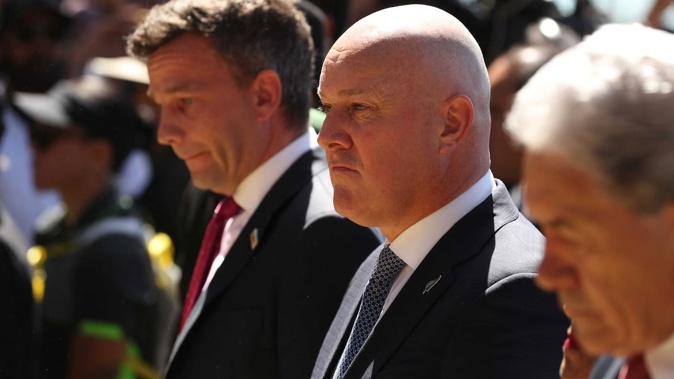
A council has baulked at the potential costs David Seymour’s Treaty Principles Bill could place on its financially strained organisation if the proposal became law, calling it “impractical, unreasonable, irresponsible and nigh on impossible”.
Seymour’s bill is unlikely to become law as Act’s coalition partners, National and NZ First, have stressed they would only support it to the select committee stage. Parliament’s justice select committee is working through 80 hours of oral hearings after it received an estimated 300,000 written submissions.
The bill proposes replacing the current Treaty principles, such as partnership, with three new ones developed by Cabinet. Seymour said this would bring more clarity and allow the principles to be enshrined in law.
“The purpose of the Treaty Principles Bill is for Parliament to define the principles of the Treaty, provide certainty and clarity, and promote a national conversation about their place in our constitutional arrangements,” he said.
However, opponents fear the bill will erode Māori rights and progress while also impacting social cohesion.
Far North Mayor Moko Tepania described the bill as divisive and said it would sabotage the good relationships it has with iwi and hapū.
“If this bill were to go through then it would compromise those partnerships and those relationships that we have built [to] make us ... able to work faster and [be] more agile.”
Far North Mayor Moko Tepania says the Treaty Principles Bill is divisive. Photo / Michael Cunningham
Those partnerships allowed the council to get consenting work over the line to repair damage from Cyclone Gabrielle “much faster”, for example.
Tepania said the bill was an unnecessary distraction from “the real work we are doing and still need to do with our Treaty partners and risks taking us back as a district, something we cannot afford on any metric, be it social, environmental, cultural or economic”.
“The costs alone that this bill will place on our financial-constrained organisation to reinterpret and redefine our very being are impractical, unreasonable, irresponsible and nigh on impossible,” he said.
Submitting in support of the bill, Bruce McGechan said debates, such as the one the proposed legislation had prompted, were the best ways to learn about an important issue such as the Treaty.
“I support every New Zealander understanding from different viewpoints, through the process of debate, the principles of the Treaty.”
He said the Waitangi Tribunal was an “excellent” first viewpoint on the topic but believed it was worth getting views “from around this democracy of ours so that we can understand the complexity of where the principles are at and what the Treaty is all about”.
Public law expert Andrew Butler, KC, told the committee the proposed principles in the bill were not an accurate reflection of the Treaty.
“It is an attempted rewrite of those principles, without saying that’s what it is. The proposed principles stray so far from what can be reasonably considered to be a fair or adequate expression of the principles of the Treaty of Waitangi that the statement of the principles in the bill is likely to cause confusion among officials, parliamentarians, judges, and members of the public.”
Butler asked the committee to include in its report a recommendation the Government set up a multi-year constitutional commission that would provide quality information about the Treaty, including background at the time at which it was signed, background to the subsequent multiple breaches of the Treaty and background about the efforts that have been made to try to make up for those breaches.
Julia Gabel is a Wellington-based political reporter. She joined the Herald in 2020 and has most recently focused on data journalism.
Take your Radio, Podcasts and Music with you









